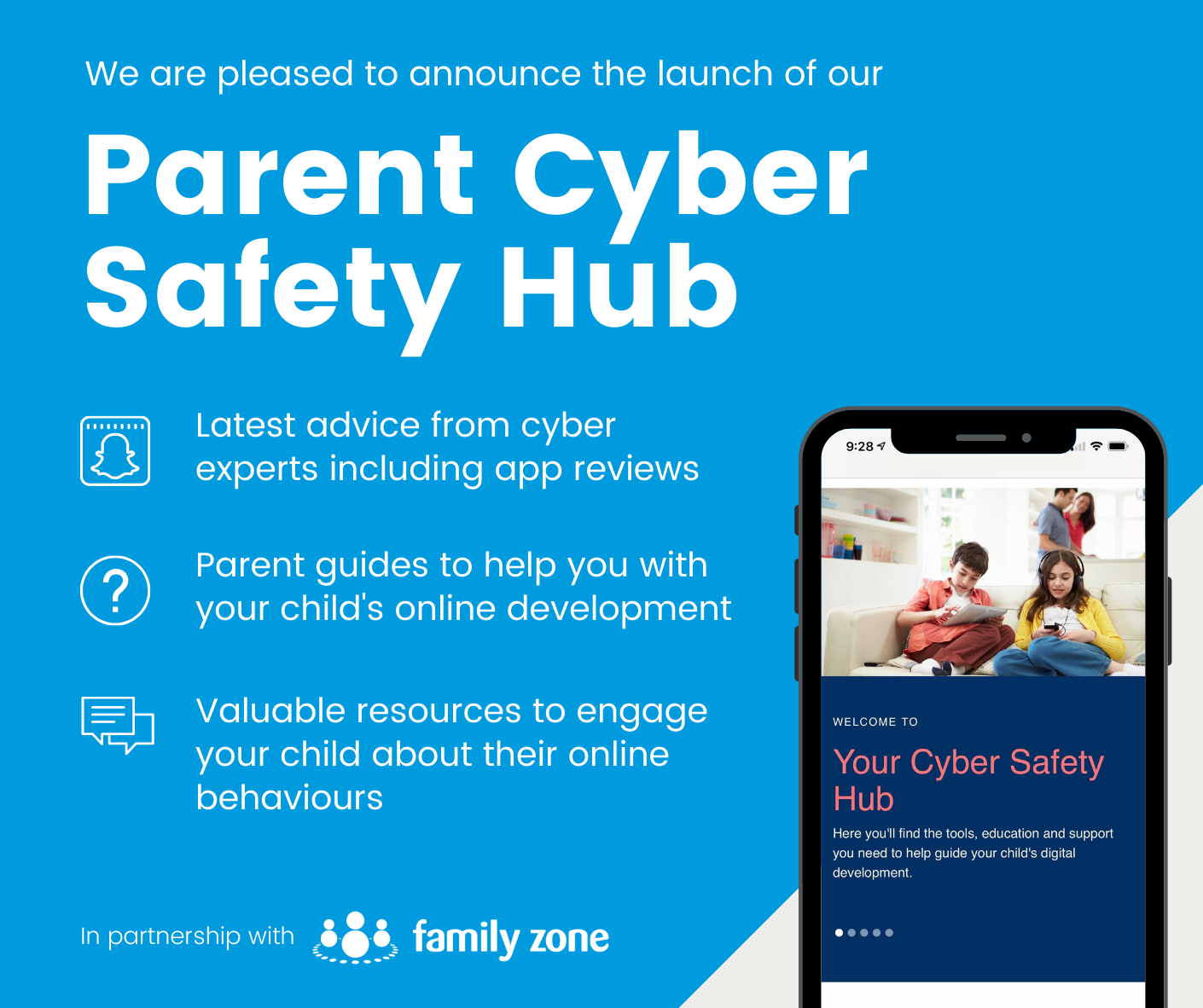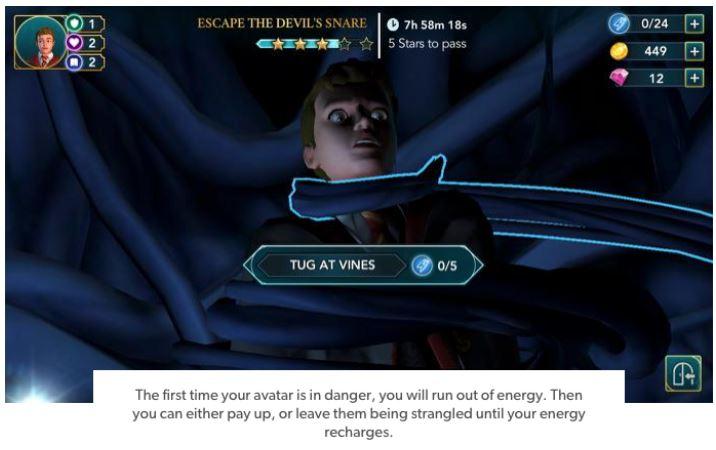Cyber Safety

Check out our Cyber Safety Hub
We are delighted to introduce you to a new resource made available to you through our partnership with Family Zone - our new school Cyber Safety Hub.
As you may already be aware, our partnership provides your family with access to the Family Zone tools to use at home with your children if you wish. The purpose of the Cyber Safety Hub is to complement those tools with practical guidance and information to further support you in engaging with your children in their digital development. These tools and resources also allow the school and parent body to work together on creating a holistic approach to guiding each student's online journey.
You can access the Cyber Safety Hub using the link below:
https://johnxxiii.cybersafetyhub.com.au/
About the Parent Cyber Safety Hub
The Cyber Safety Hub includes resources to help your family better understand the different Family Zone tools available to you and how to use them, plus access to regular cyber safety events to help you stay informed about the latest digital trends.
Also, the Cyber Safety Hub provides expert advice from leading cyber experts, ySafe, on the most pertinent issues and frequently asked questions around platforms like TikTok, Fortnite, Instagram, and more. There are app reviews with age and safety recommendations, along with a range of guides to help ensure healthy boundaries around screen-time & gaming, plus step-by-step instructions for using parental controls and filtering out inappropriate content.
We are very excited to be able to offer you this level of expertise and support. We look forward to working closely with you as we develop the cyber safety conversation within our school community.
'Dark patterns': The online scare tactics that target kids to pay up
Dark patterns are the techniques companies use online to hook customers - whether to sign up, prevent cancellation of subscriptions or fork over additional cash or personal info. And kids are being targeted directly.
Flashing sign-up buttons. Pre-checked boxes. Impossible-to-locate unsubscribe links. Dramatic countdown timers. And let’s not forget the “X” that never closes the page down but only opens up a new one.
Or “confirmshaming” - which tries to make you feel bad about declining an offer. (“No thanks. I’d rather continue to be miserable than sign up for your miraculous and life-changing offer.”)
Not to mention “grinding” - when the user experience on a free app is so terrible it’s not enjoyable until new features are unlocked for pay.
You’ve seen most of these gimmicks already - and have probably fallen for them.
Experts call them “dark patterns” - and they are a form of guerilla marketing unique to the online world - and uniquely effective in ensnaring the unwary.
Part of their power lies in the fact that normal consumer protections don’t necessarily apply in the digital marketplace.
Dark patterns aimed at our kids
Dark patterns are hard enough for grown-ups to negotiate. But more worrying by far are the mindgames being played on, or through, our kids.
Example? The kids’ “educational program” ABCmouse - which was recently fined $US10 million for essentially tricking customers into auto-renewing, and making cancellation a tortuous journey through multiple screens.
Even more shocking, because it directly targeted children themselves, is a video game that blackmails kids into paying $10 - or be accused of “animal neglect” lose their virtual pet to the SPCA.
Then there's Harry Potter: Hogwarts Mystery - a seemingly benign game with scenarios like potion-making and broom lessons. It takes the mindgames one step further, forcing players to pay to save a kid from being strangled.
What's being done about it
The US Federal Trade Commission has recently held a workshop to investigate the impact of dark patterns on consumers, especially children, with a view to formulating policy.
Data protection authorities in Europe are also examining the impact of dark patterns on the validity of consent.
Here in Australia, where existing privacy and consumer protection laws are relatively strong, regulators have not yet focused on dark patterns specifically.
Reference: https://www.familyzone.com/anz/families/blog/dark-patterns-scare-tactics-targeting-kids



